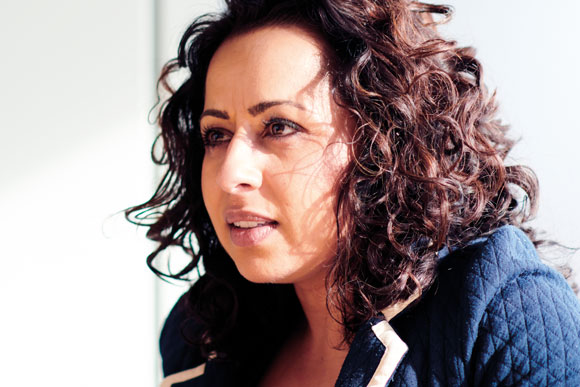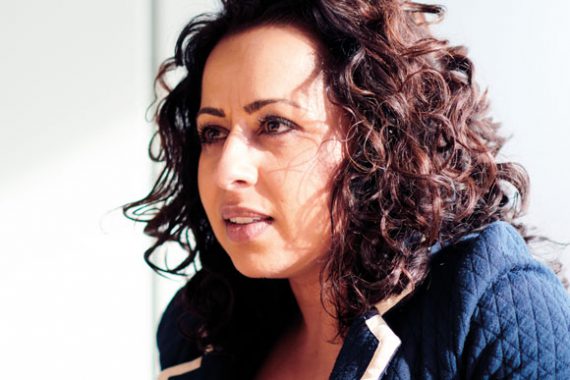
nikki kanani mar2019v2
It’s now been a whole week since practices will have, for the most part, submitted their primary care network registration forms.
I know it has been an immense piece of work on all your parts to get to this moment, and I hope you feel some of the excitement that I do. For many, I know there will be some apprehension, anxiety or concern that we are asking you to do more, or to do too much.
But this really is the beginning of the next phase for general practice. A phase where we will cherish the small practice and the large practice, but also where we choose to work alongside each other through networks of care, doing the best for our profession and our local population.
‘You do not wake up and become the butterfly – growth is a process’, writes my very favourite poet, Rupi Kaur.
Working in general practice is extremely rewarding, but it can be complex and challenging too. There has been an extensive and open debate over the past few weeks on why our colleagues work fewer sessions than their predecessors. To be clear, for me the definition of ‘full time’ and ‘part time’ is extremely flexible. We all have many hats we wear, both patient-facing and otherwise.
I work four days (and many evenings) as acting medical director for primary care, one day as a GP and every other moment as a mum to two spirited children. I count myself as full time, but I work flexibly in order to be present for my children, and I know many of you wish to do the same. You may have caring responsibilities or other clinical or non-clinical passions. That’s important and we need to respect the way our colleagues wish to work to maintain a work-life balance.
The definition of ‘full time’ and ‘part time’ is extremely flexible
For others, though, the pressure in general practice can sometimes become too much and why the option to work flexibly within a primary care network maybe more beneficial for their physical and mental wellbeing. Around the country, many GPs may work fewer sessions than a traditional full time complement, supported by wider teams, such as nurses, pharmacists and physiotherapists.
And we care about your health and wellbeing. The NHS GP Health Programme has helped thousands of doctors across the country and new funding means the NHS has a more comprehensive national mental health support offer to doctors than any other country in the world. But we want to do more.
We are still completely committed to recruiting and retaining more GPs – we will always need more – and this year we have the highest ever number of GP training places and we will continue to invest to support our GPs, nurses and practice teams to keep working.
General practice is changing, and we are too. We purposely published an NHS long-term plan in January this year, which not only focused on the primacy of primary care, but also committed an additional £4.5billion a year in real terms by 2023/2024 for primary medical and community services. We followed this up with a contract which supports core general practice and the ability to work in supportive networks to deepen the offer for the local population and widen more portfolio opportunities for our workforce.
Working together is not new for you. Building strong and trusting relationships is not new for you. Understanding and advocating and caring for your local population is not new for you.
But some things are newer for us, as a system. We want to really back primary care and re-centre it into the heart of the health service, while devolving and divesting money and resources to local areas to make sure it goes further. Let’s make the very best of this moment to grow.
Dr Nikita Kanani is a GP in south-east London and acting director of primary care for NHS England
Pulse October survey
Take our July 2025 survey to potentially win £1.000 worth of tokens














